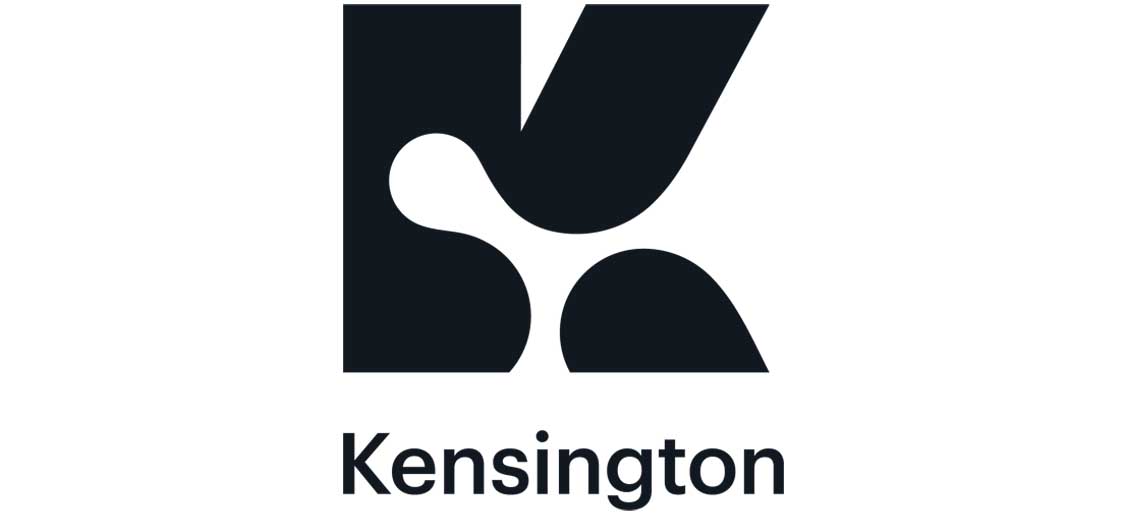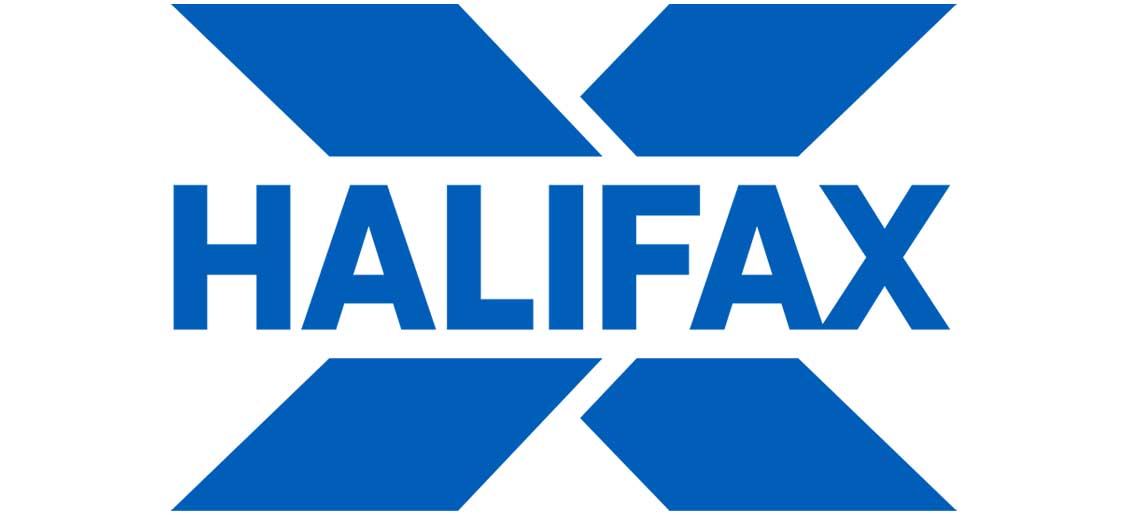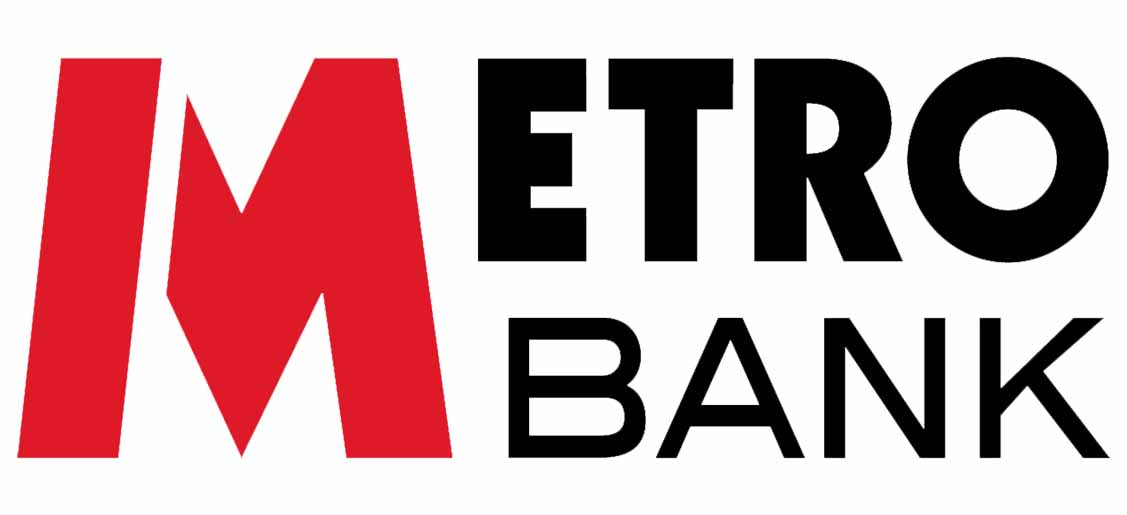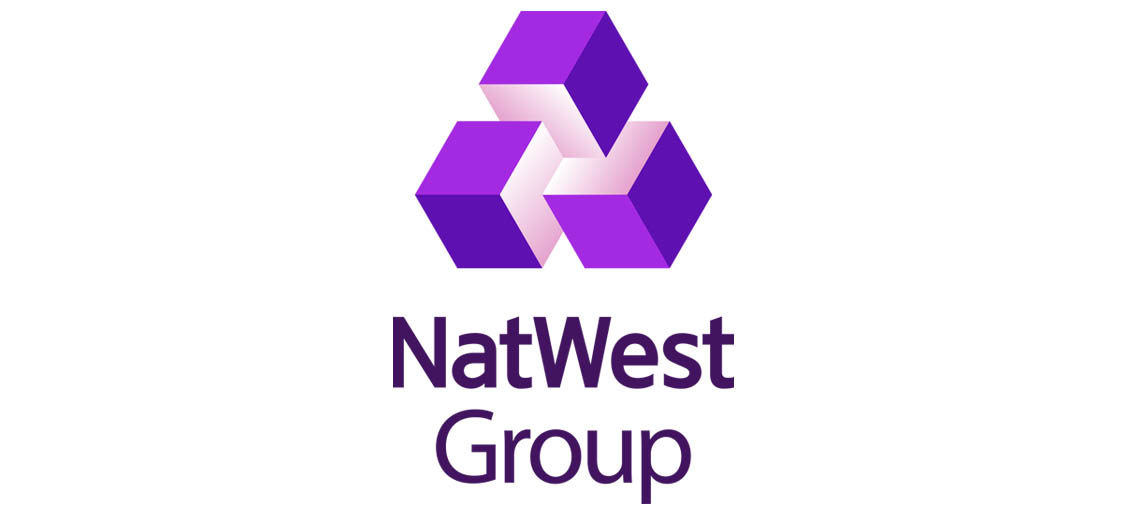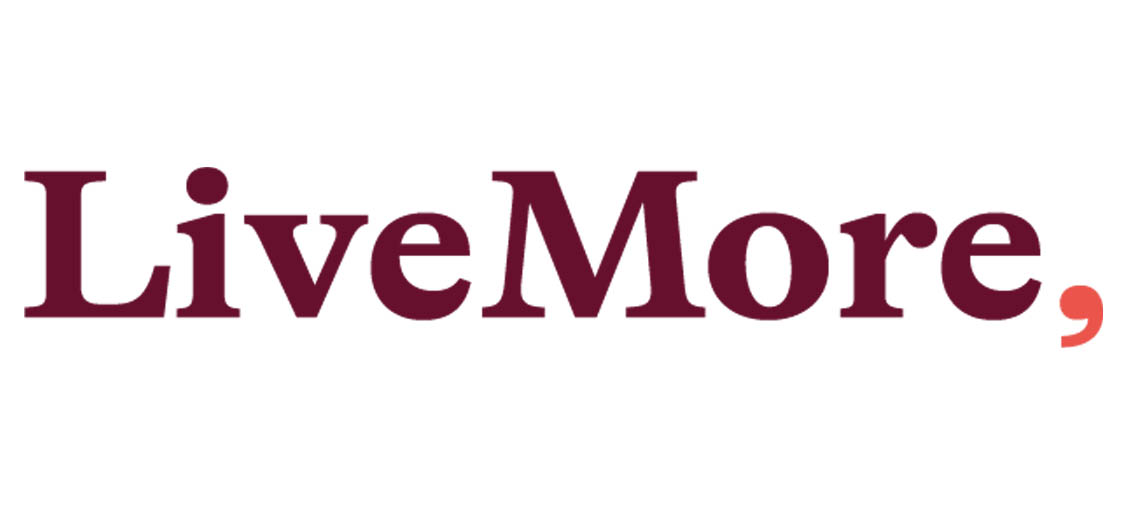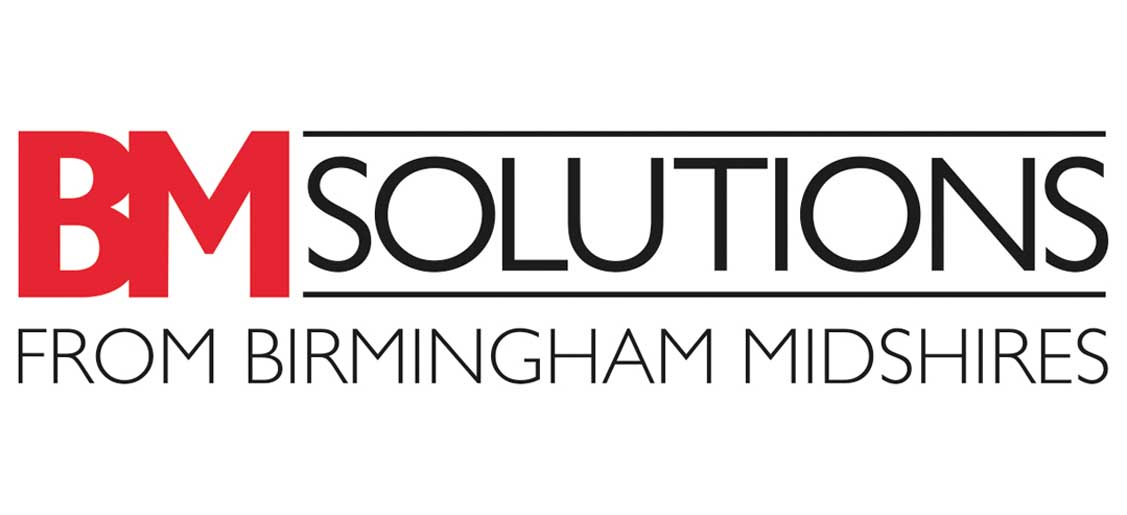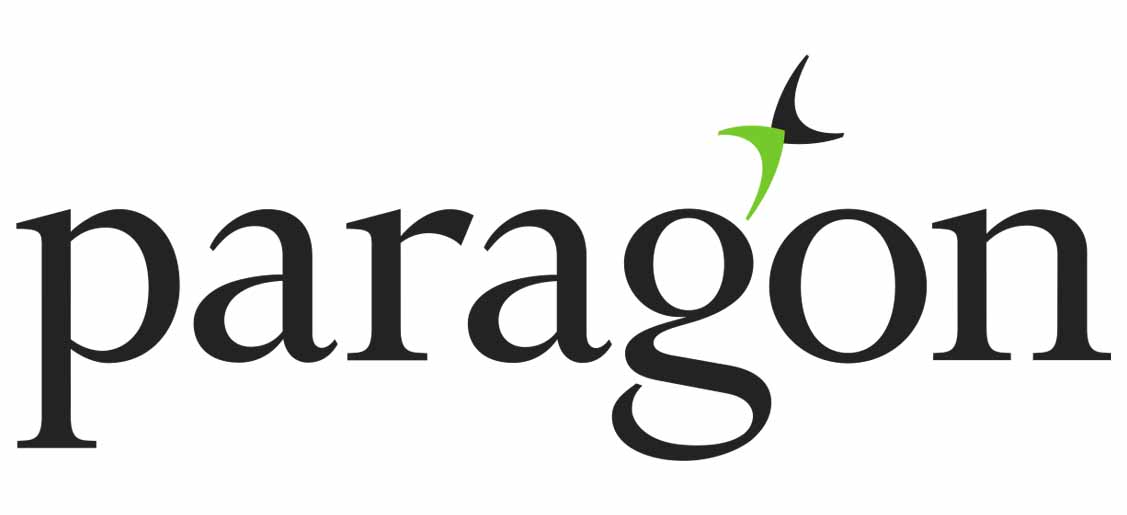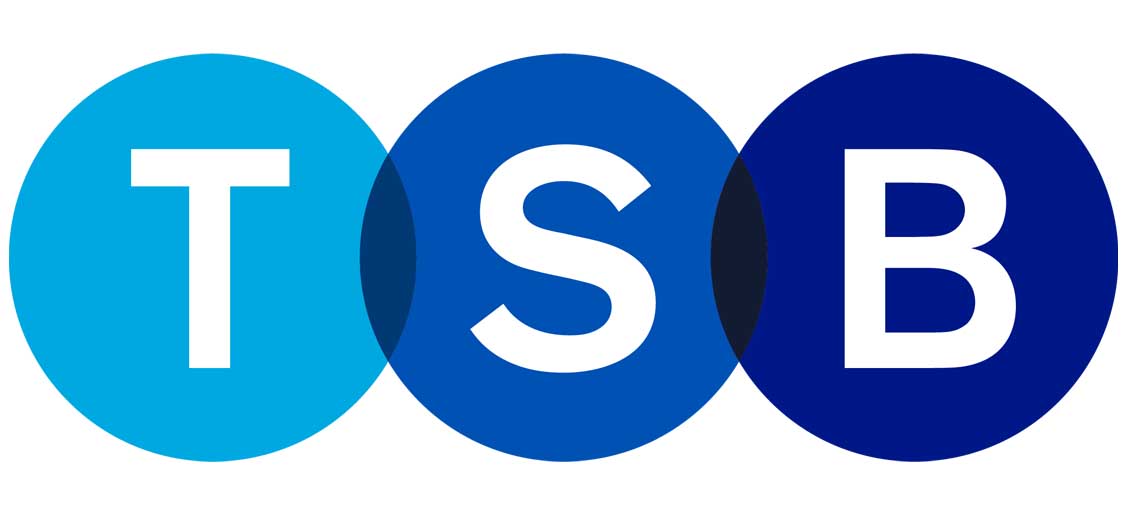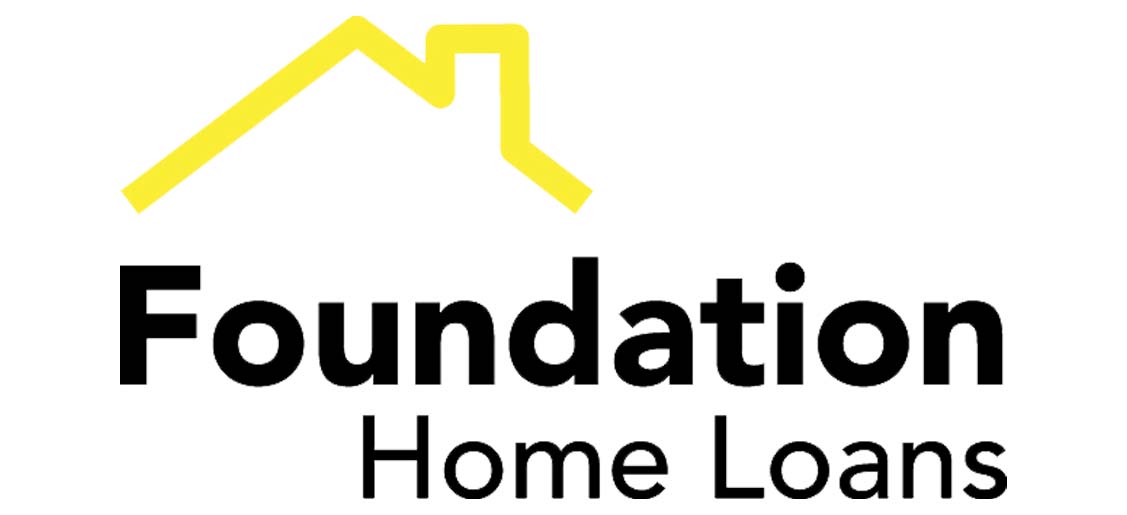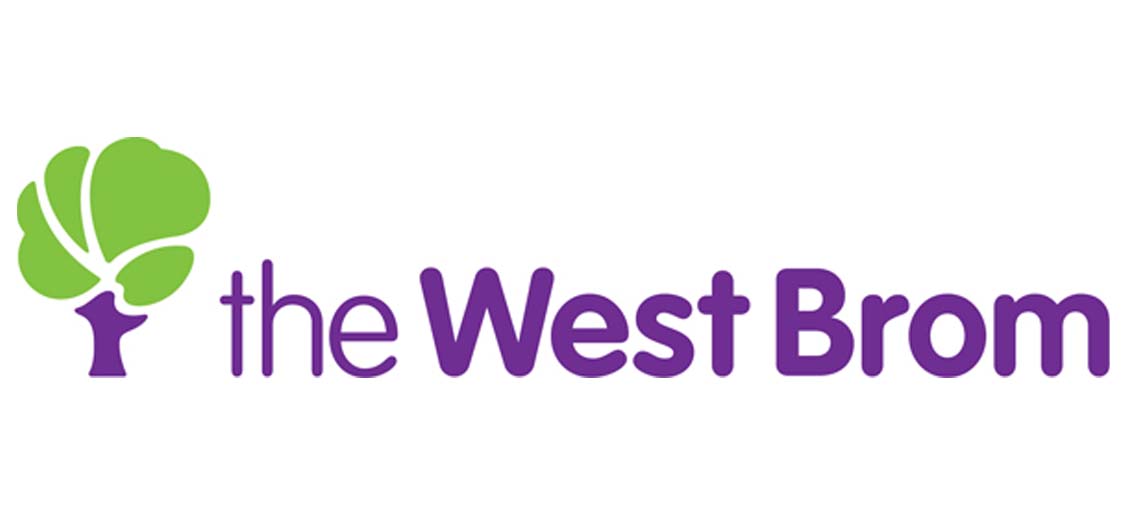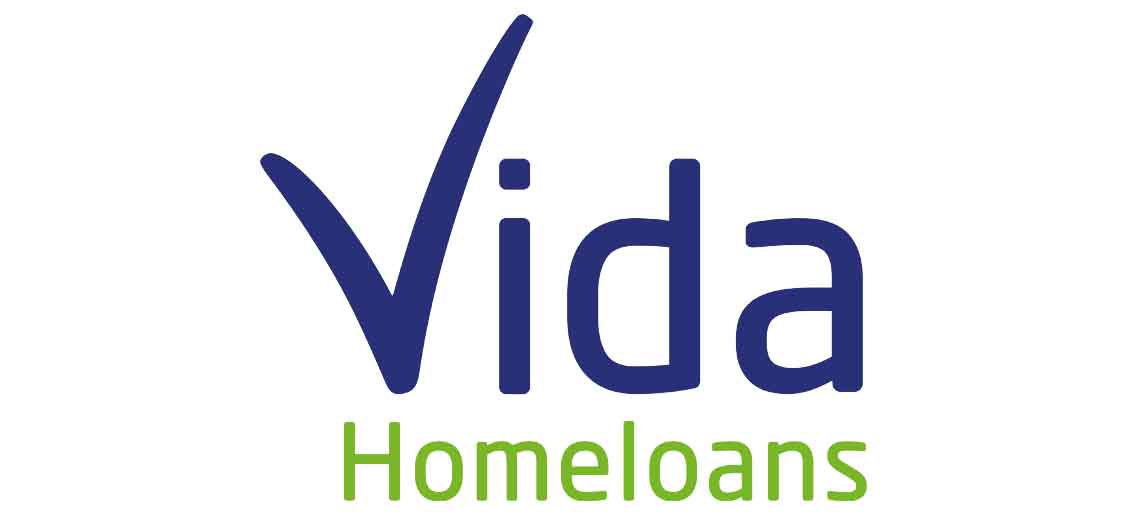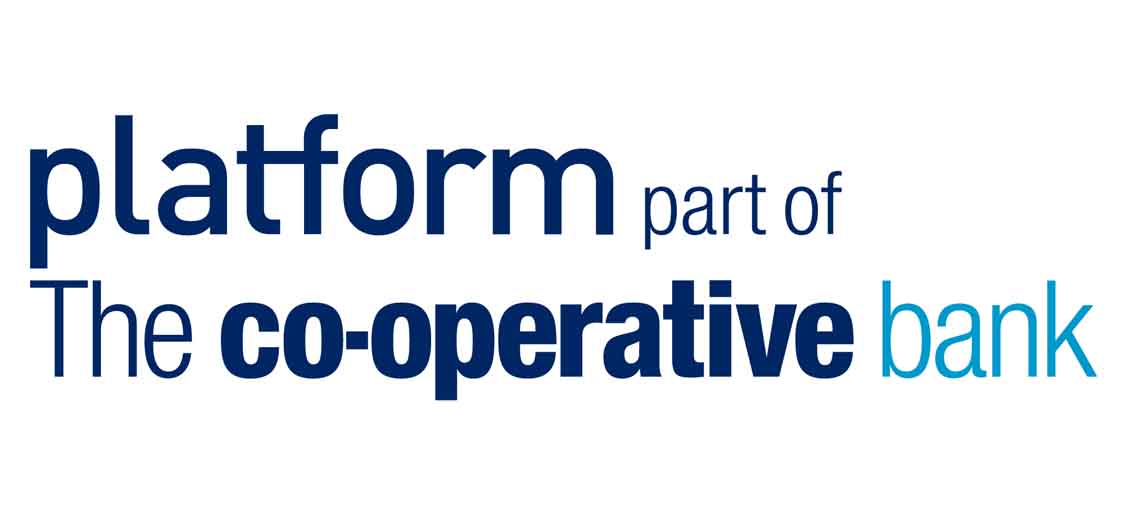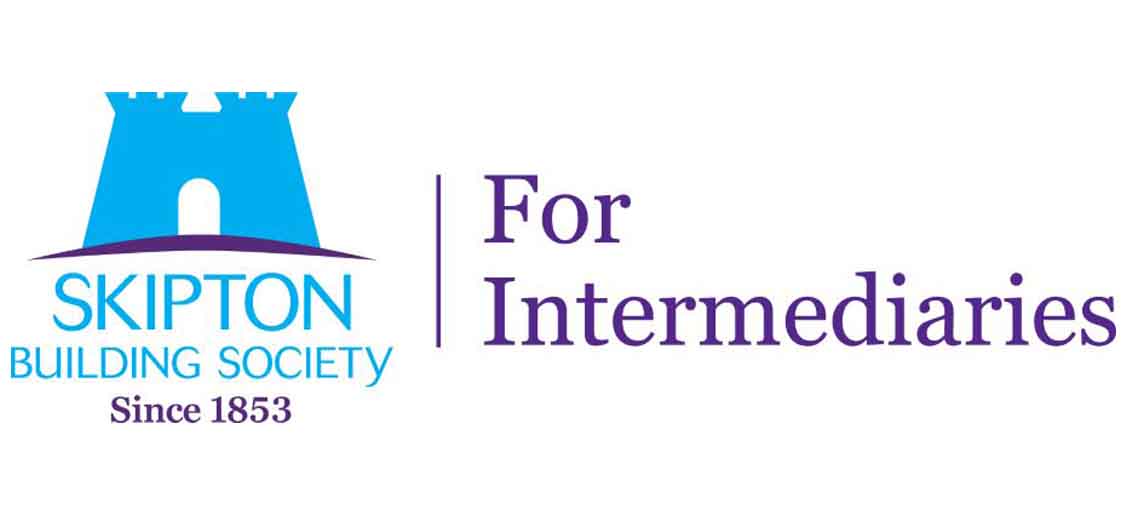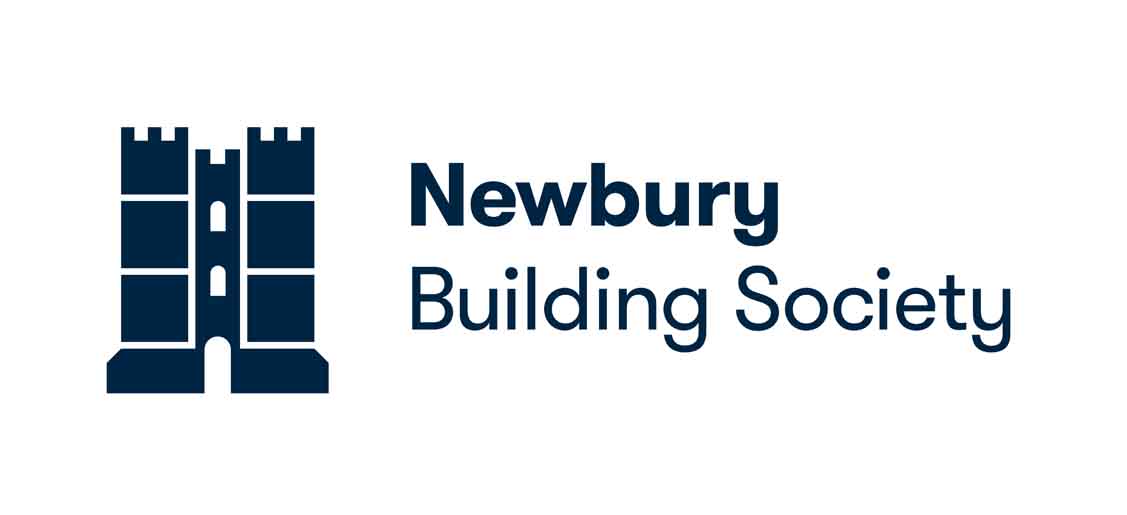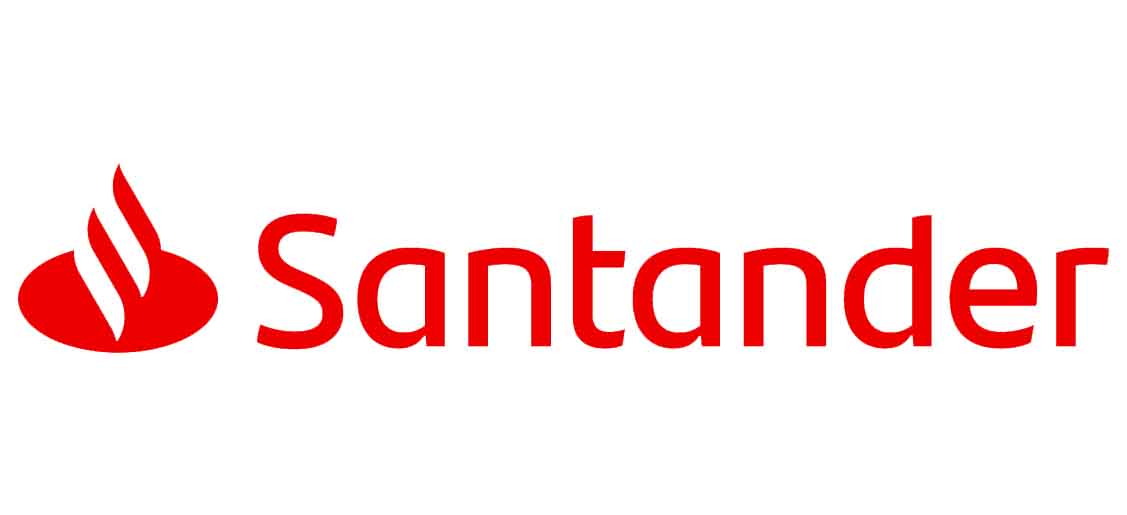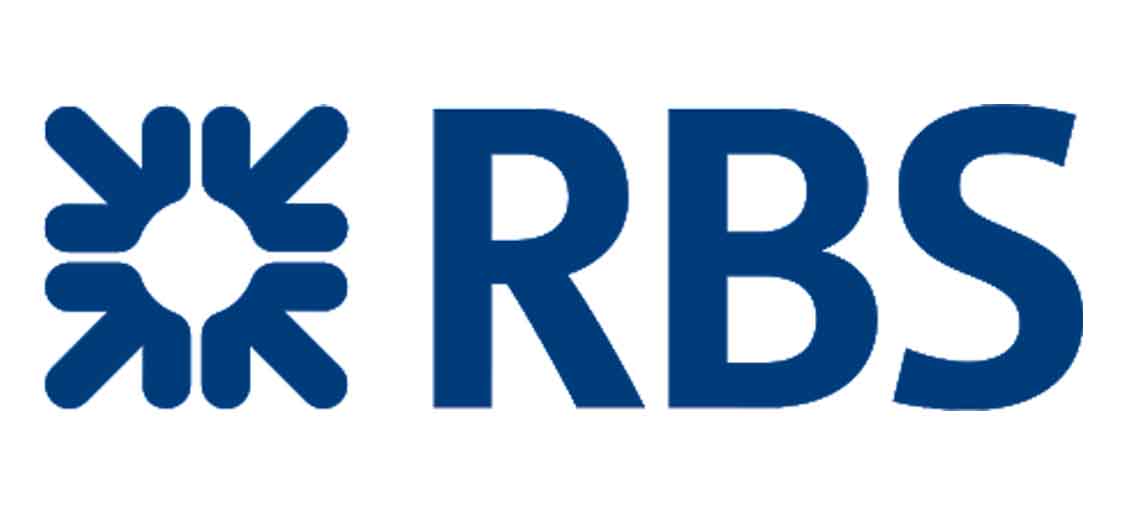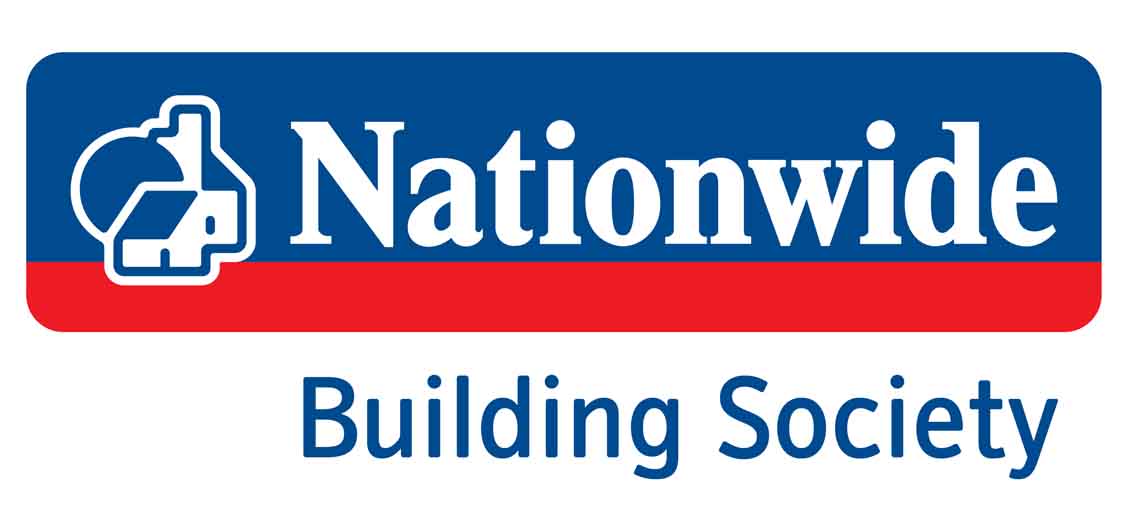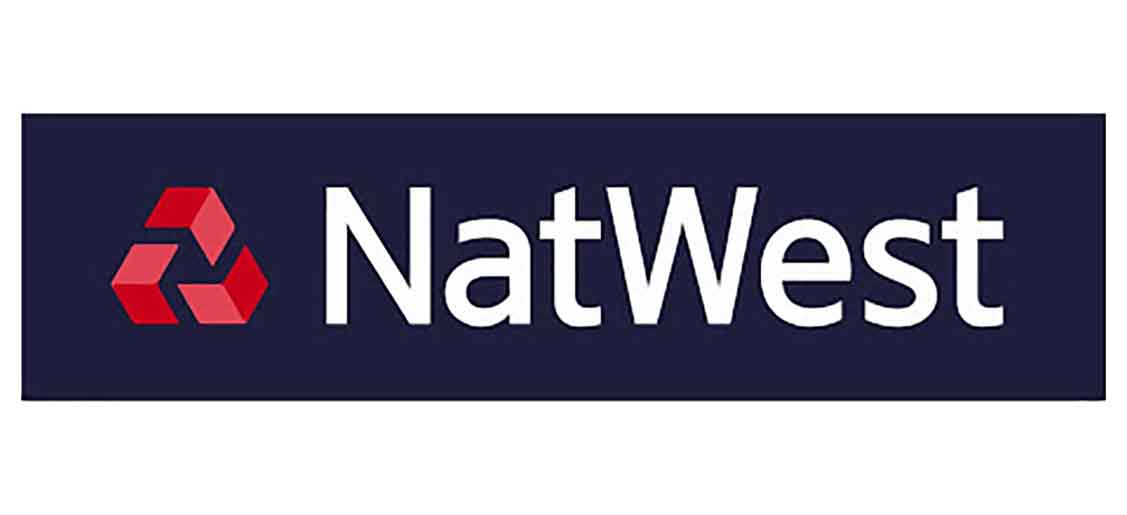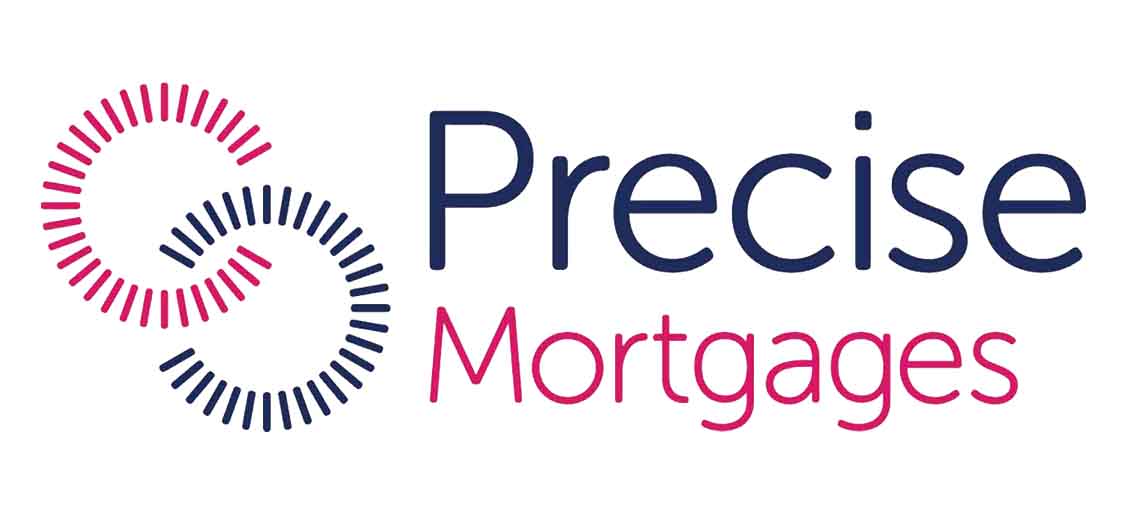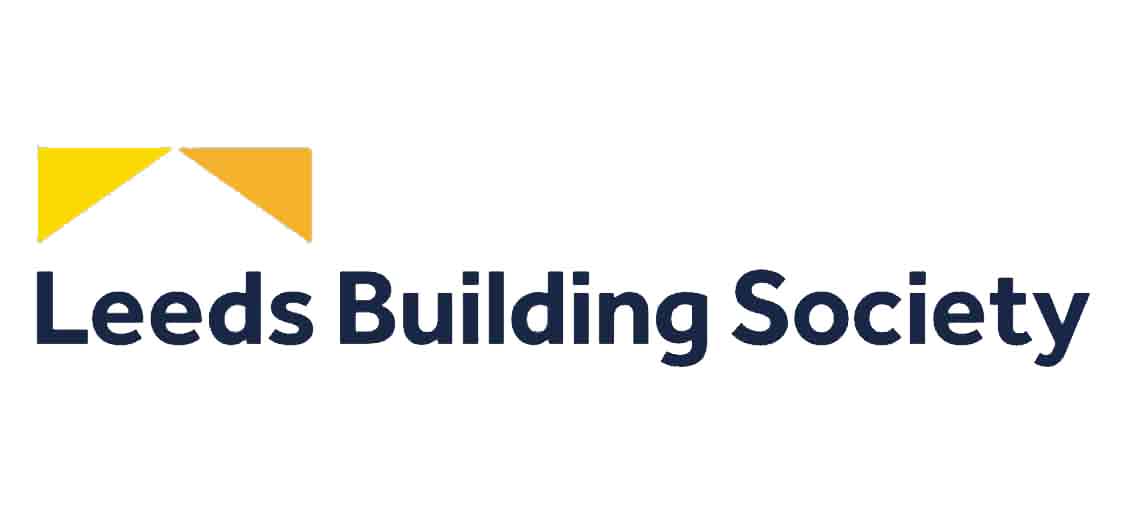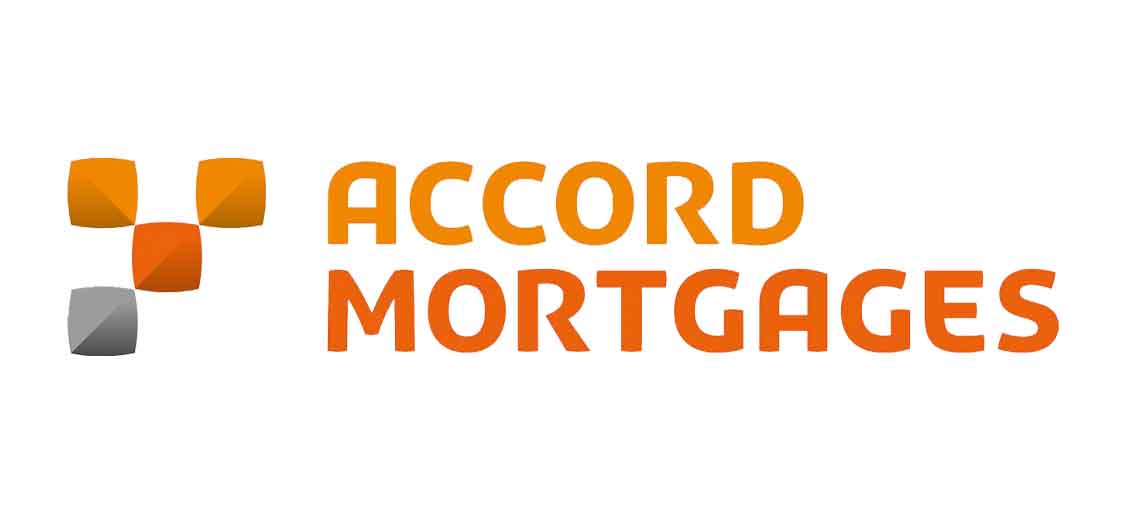A House in Multiple Occupation
HMO – A House in Multiple Occupation
A House in Multiple Occupation (HMO) is a property let out to more than three tenants who aren’t from one family, where the tenants occupy private bedrooms but share communal rooms, e.g. the kitchen, bathroom and lounge. Think ‘flat share’ or ‘house share’, they are talking about an HMO property.
As a landlord, you can generally make a greater return from an HMO than you can by letting to a single household. You’ll be able to charge per bedroom and thereby charge more overall. However, to do this you’ll need a specialist HMO mortgage.
How are HMOs properties different?
HMOs are typically rented by students or young professionals, who may not be able to afford to rent a whole property by themselves. While it’s cheaper for a tenant to rent one room than an entire property, the combined rent of all the rooms is usually greater than could be charged to a single household. As a landlord then you can therefore achieve a higher overall income from a HMO property.
Naturally, these higher potential rewards come with higher risks. You’re more likely to have a higher turnover of tenants than with a traditional buy-to-let, and every extra tenant is another unknown factor (e.g. will they pay the rent? Will they cause damage? Will they trigger disputes?). You’ll also need a specialist mortgage.
HMO mortgages
An HMO mortgage is a type of mortgage specifically for landlords who want to rent out their property to more than three tenants who aren’t from one household. These specialist type of buy-to-let mortgages have some key differences, such as:
- HMO properties usually require a licence granted by the local council
- Landlords have to prove their experienced at managing buy to let’s already before taking one out
- Maximum Loan to value lending limits typically go up to 75%
- HMO mortgages tend to be more expensive, both in terms of interest and fees due to specialist nature of the property and tenants
The higher cost of a HMO mortgage and property may erode your returns. Therefore you should calculate in advance what those returns are likely to be and see whether the extra cost of an HMO property makes sense.
Lenders of HMO mortgages will also have specific requirements about the property itself. Some will specify that the property can have only one kitchen, or that the bedrooms/communal rooms need to be a certain size and some set a maximum number of floors in the property altogether. If you want to renovate the property before you let it out, you’ll need to find a lender who agrees to these works before you complete them.
Who can apply for a HMO mortgage?
Most HMO mortgages are only available to experienced landlords, that is, typically defined as anyone who has rented out property for at least 12 months recently.
So if you’re a first-time landlord, you will need help, especially from your broker, who can find a lender who is happy with you doing this as your first buy-to-let. That’s why, typically, most landlords start off with a traditional one-household buy-to-let, to gain that experience before taking on a bigger project.
Although lenders will take potential rental income into account during their stress test calculations, they’ll usually base their sums on the rental income you’d get from letting the property out to one household rather than individuals. Our mortgage brokers can advise you on how much you can borrow on an HMO mortgage, which is affordable in your lender’s eyes.
Applying for HMO mortgage
Going through a mortgage broker such as ourselves will give you access to a wider comprehensive range of lenders, including more specialist lenders who can consider all types of properties and scenarios.
Mortgage Brokers: Essential Help for Securing HMO Mortgage
Mortgage broker can be a valuable asset when trying to secure an HMO mortgage. HMO mortgages, designed for Houses in Multiple Occupation, can be more complex than standard buy-to-let mortgages due to stricter criteria. Here’s how a mortgage broker can assist you:
Expertise in HMO Mortgages
Brokers specializing in HMO mortgages will have a deep understanding of the market, lender requirements, and current rates. They can navigate the complexities of HMO financing and recommend the most suitable product based on your individual circumstances.
Finding the Right Lender
Not all lenders offer HMO mortgages, and those that do may have varying criteria. A broker can access a wider range of lenders, including high-street banks, specialist HMO providers, and commercial lenders, increasing your chances of finding the best deal.
Streamlining the Application Process
The application process for an HMO mortgage can involve more paperwork and checks. A broker can guide you through the entire process, collect and compile the necessary documentation, and ensure your application is presented professionally to lenders.
Negotiating Rates
Brokers have strong relationships with lenders and can leverage their expertise to negotiate the most competitive interest rates and terms on your behalf.
Here are some additional points to consider:
Types of HMO Mortgage Brokers: There are brokers who specialise solely in HMO mortgages and others who offer HMO mortgages alongside other buy-to-let products.
Cost of a Mortgage Broker: Brokers typically charge a fee for their services, which may be a flat fee or a percentage of the loan amount.
Overall, using a mortgage broker can save you time, money, and stress throughout the process of securing an HMO mortgage.



